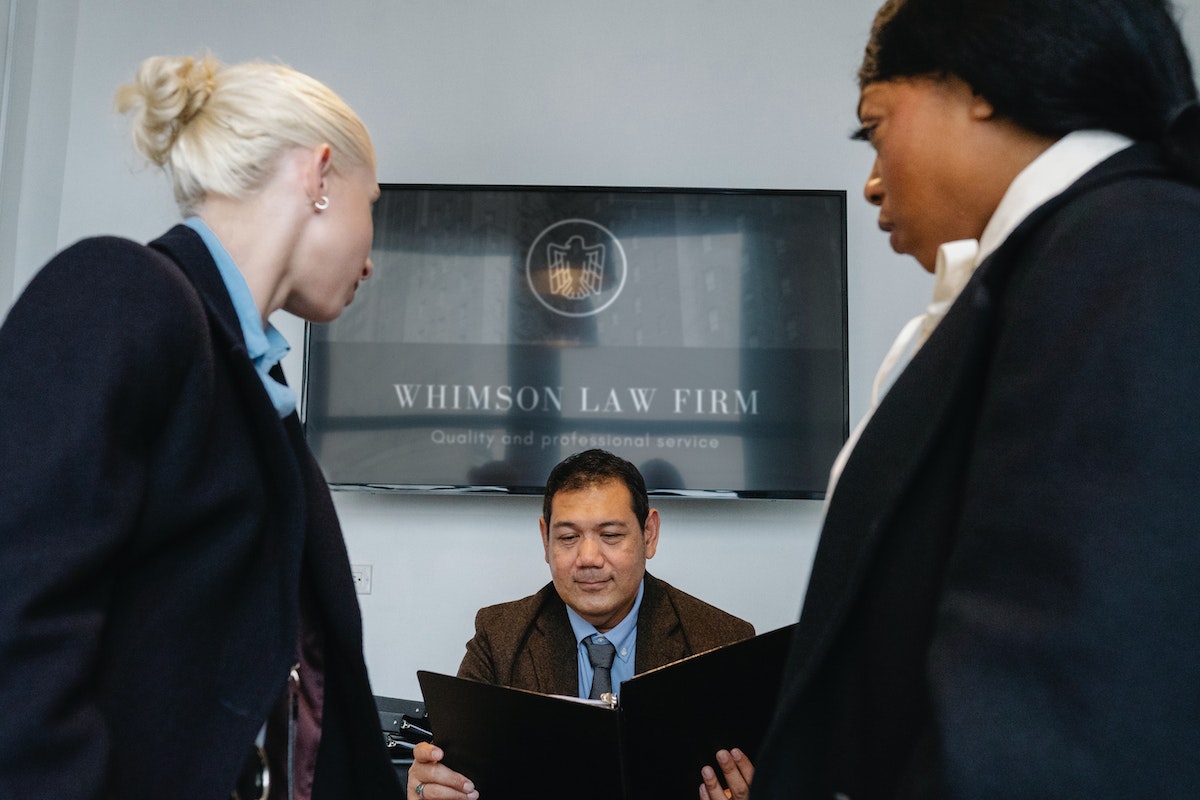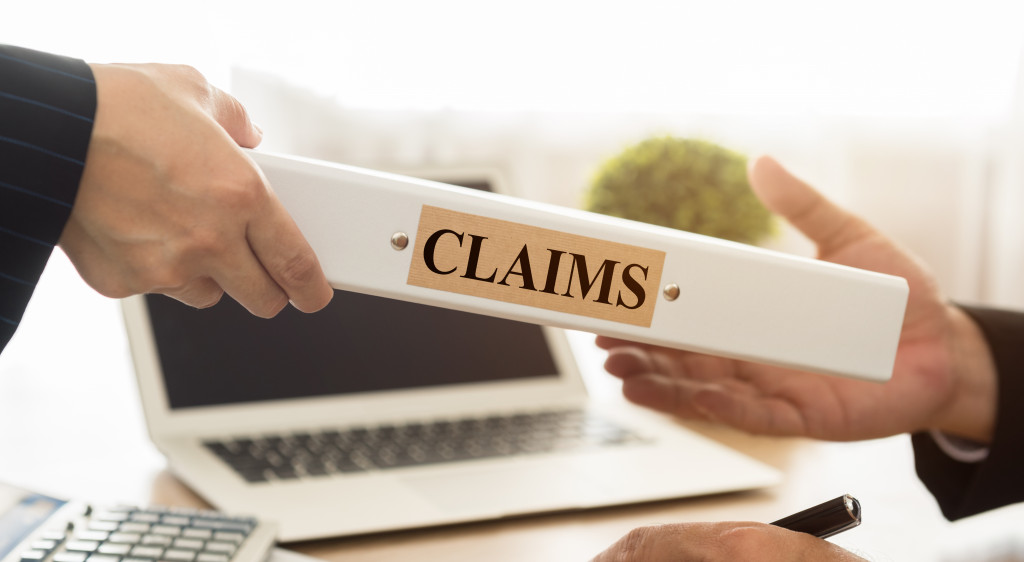- Negligence victims have several legal options: lawsuits, insurance claims, criminal prosecution, and mediation.
- Hiring a personal injury lawyer can effectively guide victims through the legal process.
- For insurance claims, having detailed descriptions, medical bills, and police reports is crucial.
- Mediation provides a less formal, cost-effective alternative to court proceedings for dispute resolution.
Negligence is defined as a failure to take reasonable care while doing something that could result in harm or injury to someone else. When someone is harmed due to negligence, they have the right to seek legal remedies. However, navigating the legal system can be complex and overwhelming, especially for those who are not familiar with the legal process. This blog post will explore legal remedies available for victims of negligence.
Lawsuits:

Filing a lawsuit is one of the most common legal remedies for victims of negligence. The goal of a case is to recover damages for the harm caused by the negligent party. Damages can include medical bills, lost wages, pain and suffering, or any other costs incurred as a result of the negligent act. Here are some steps to take when opting for this route:
Hiring a Lawyer:
The first step in filing a lawsuit is to find a reliable personal injury lawyer who can help you through the process. An experienced attorney will look into the facts and circumstances surrounding your case, such as gathering evidence, speaking with witnesses, and helping you prepare for court. Once you have chosen a lawyer, they will represent you throughout the lawsuit proceedings.
Criminal Prosecution:
In some cases, the negligent party may have committed a crime that caused harm to the victim. In these cases, the victim may have the option to pursue criminal charges against the negligent party. While criminal prosecution is handled differently than a civil lawsuit, victims may be able to receive compensation through a victim compensation fund.
Settlement:
A settlement is an agreement between the victim and the negligent party that allows for the injured party to receive compensation without going to court. Payments can be beneficial for both parties because they often save time and money. However, it is crucial to ensure that any settlement agreement is fair and accurately reflects the total cost of damages incurred.
Insurance Claims:

In many cases, victims of negligence can file an insurance claim to receive compensation for damages incurred. This is especially true for cases involving car accidents or slip-and-fall incidents. Insurance companies may offer settlements to avoid lengthy court battles. Here are some things you’d need to make a claim:
Detailed Description of the Incident:
A detailed and accurate description of the incident is crucial when filing an insurance claim. This includes the time, place, and cause of the accident as well as the events leading up to it. It’s essential to record every detail, no matter how minor it may seem. A well-documented incident can provide a clear picture of the negligence and its consequences, which is valuable in establishing a solid case.
Medical Records and Bills:
Medical records and bills serve as tangible evidence of the physical harm and financial impact suffered due to the negligence. These documents should include diagnosis reports, treatment details, prescription records, and all associated costs. Collecting all medical bills related to the negligence incident is vital as they substantiate the financial claim made against the negligent party.
Police Reports and Witness Statements:
Police report and witness statements are critical pieces of evidence that can add credibility to your claim. Police reports often contain an objective account of the incident, while witness statements can corroborate the victim’s version of events. Having these documents can strengthen your case by providing third-party perspectives that support your claim of negligence.
Mediation:
Mediation, as an alternative dispute resolution method, offers a platform for parties to come together in the presence of a neutral third party to resolve conflicts outside of the courtroom. This collaborative and structured process fosters effective communication and negotiation, guided by the mediator.
This approach promotes understanding and cooperation and empowers the parties to find mutually agreeable solutions. Another one of the significant advantage of mediation is its potential to avoid lengthy and costly trials.
By engaging in mediation, both the victim and the negligent party can save time, money, and emotional stress. Additionally, mediation offers a more flexible and informal setting compared to a courtroom, allowing the parties to have a more active role in finding a resolution.
If you have been a victim of negligence, it is vital to seek legal assistance and explore your options for legal remedies. Whether you choose to file a lawsuit, pursue a settlement, file an insurance claim, try mediation, or criminal prosecution, there are options available to help you recover damages. Understanding your rights and the legal process can be overwhelming, but with the proper legal guidance, you can receive the compensation that you deserve. Negligence should never be taken lightly, and justice should always be sought for the harm caused to innocent individuals.
